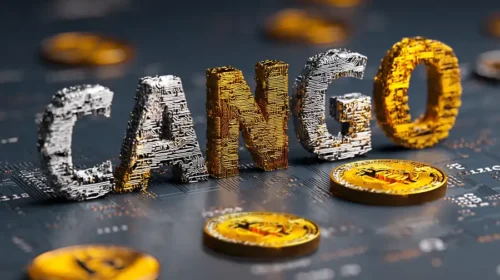FAST NEWS: Cango Announces Large One-Time Cash Dividend

The latest: Car trading services platform Cango Inc. (CANG.US) announced it will pay a one-time cash dividend of $1 per American depositary share (ADS). It also announced a new program to buy up to $50 million worth of its stock, complementing another buyback program of the same size announced last August.
Looking Up: The dividend represents a huge payout ratio equal to 42% of Cango’s last closing share price before the announcement.
Take Note: The company also announced it has awarded options to its two co-founders and top executives allowing each to purchase the equivalent of 3 million of Cango’s ADSs for the equivalent of about $2.59 per ADS. It made the award to recognize their role in a highly profitable investment in electric vehicle maker Li Auto (LI.US; 2015.HK).
Digging Deeper: Cango is a former car finance company that is transforming to a provider of auto trading services. Despite its relatively low market value of about $350 million, the company is currently quite cash-rich largely due to big profits from its Li Auto investment. Its latest quarterly report shows it had about 4 billion yuan ($615 million) in cash, cash equivalents and short-term investments at the end of last year – nearly double its market value. Cango recorded a 3.3 billion yuan gain in 2020 related to the change in value of its investments, much of that related to Li Auto. It said in its latest quarterly report last month that it has now sold its entire stake in Li Auto.
Market Reaction: Cango ADSs rose 19%, or by $0.45 per ADS, in pre-market trade on Monday to $2.81, following the dividend announcement after markets closed on Friday. The price increase is roughly half the size of the newly announced dividend.
Reporting by Doug Young
To subscribe to Bamboo Works free weekly newsletter, click here






